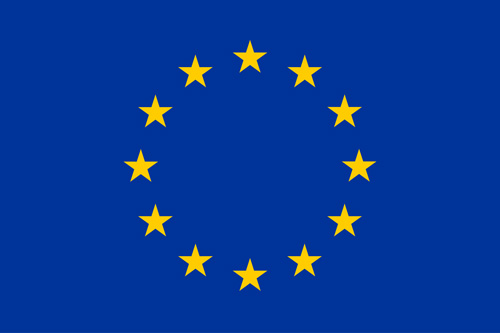What we are doing
We are conducting research on how national institutions shape the conditions of irregular migrants across Europe to develop contextualised and more effective policy responses.
What we want to understand
Experiences
The diverse experiences of irregular migrants.
Attitudes
The interests and attitudes of communities that host them.
Institutional contexts
The institutional contexts that shape those experiences and responses.
Policy tools
The contextualized policy tools needed to respond.
Featured publications, outputs and events
Our focus
We focus on understanding how these domains vary across institutional contexts in different European countries & sectors :
Rights
What legal labour rights and access to social protection do irregular migrants have across different European countries, and what are their experiences with accessing rights in practice?
Host Economy
How do national policies and institutions shape the supply of migrant labour? What leads to a dependence on (irregular) migrant labour and what barriers are there to alternatives?
Work & Family Life
What are the factors that shape irregular migrants’ access to work opportunities, what are their work conditions, and how do they impact their families?
Mobility
What are the experiences of irregular migrants in their first country of arrival in Europe? Why do some migrants move to other countries within Europe, and how does this mobility affect their conditions and experiences?
Interests & Attitudes
What are citizens’ policy preferences toward irregular migrants? How do institutional actors and interest groups perceive their own interests, and how do they manage value conflicts?
Strategies & Policy tools
What have been the experiences and effects of different policy responses to irregular migrants across European countries? How do different countries manage competing interests and value conflicts?
© PRIME – all rights reserved.

Funded by the European Union. Views and opinions expressed are however those of the author(s) only and do not necessarily reflect those of the European Union or the European Research Executive Agency. Neither the European Union nor the granting authority can be held responsible for them.









